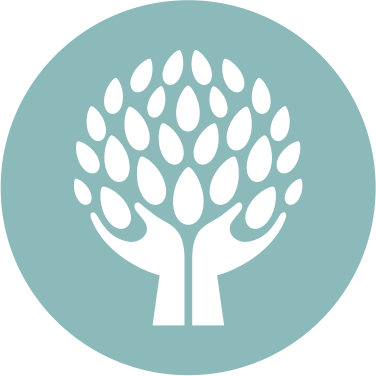Self-harm, depression, bullying, anxiety, suicide. These words have become unfortunately commonly associated with young people at the moment. We have got to be talking about it and helping them navigate through these experiences. It may not be ‘your child’ (*wishes every parent*) but I can almost guarantee you they know someone going through some of these issues.
Last year, Netflix released a series ‘13 Reasons Why’ which became a big talking point among young people. For many parents, it appeared out of nowhere, surrounded by great debate. There were different opinions about the show’s appropriateness and accuracy, with compelling reasons on both sides and I had many parents asking my thoughts and subsequent conversations with young people on the topic in my therapy room. And now, season 2 is starting tonight and, while I haven’t seen it yet (no prize for guessing how my weekend will be spent) it is a valuable opportunity to have some important conversations with your child.
Here are my 13 points you need to talk to your adolescent about from the show
Controversy: Last season there was plenty, and possibly contributed in part to the appeal for some. The show was banned in some schools and heavily criticized for the graphic depictions of suicide and sexual assault. This season I expect there will be more warnings at the beginning of each episode, but is that enough? Ask your child what they thought, what scenes stood out for them from that season and if they are concerned for season 2. Talk about the controversy and what they think would be a good way to manage their and your expectations regarding watching the show.
Suicide: Season 1 showed Hannah’s suicide as well as another character’s suicide attempt, which will likely be explored in the new season. Conversations around suicide need to be had! Sadly in Cape Town we have experienced far too many in the recent few months and your child will have heard about this and possibly even known the person directly or someone who knew them. The focus should not be on the details but rather on mental health, taking care of yourself, and what steps can be taken if feeling overwhelmed. It creates the space to ask questions and discuss their own concerns.
Anxiety and Depression: We are currently faced with high levels of anxiety and depression among children between 12-18 years old. I felt the show’s portrayal of these conditions weren't always accurate or even acknowledged. Clay (main character) is shown taking some psychiatric medication but the only symptom shown is having nightmares. The signs and symptoms of anxiety and depression are so much more than that. Educate yourself and your child about what these conditions look like in younger people –make it an open discussion within the family. It reduces the stigma of these illnesses and encourages better self-awareness.
Self-harm: One of the characters is shown to have cut herself and it is a topic that parents need to understand. Cutting is not necessarily a suicide attempt, rather it is often used as a (unhealthy) coping tool to relieve some of the pain experienced. It may get discussed between friends, yet hidden from adults. Ask your child about their thoughts on the issue, what they would do if they knew a friend was doing it and how you would support them in finding healthier ways to cope.
It’s not that simple: Mental health is not as straight forward as the show depicts. Bad things may happen- it doesn’t automatically mean that you experience depression and that leads to suicide. The conversation around the complex nature of mental health is so important, with so many internal and external factors playing a role. It’s a process that won’t always make sense and highlights why adequate support and education is so vital.
Revenge: The first season showed Hannah trying to getting her revenge on all those who contributed to her pain, making them regret their actions that hurt her. But the truth is, Hannah was dead. She did not get to see them ‘get what they deserve’. Instead she doesn’t get to graduate, travel, experience love etc. This distinction is so important because the series plays into a very common fantasy of those in pain, and the harsh realities of suicide need to be discussed. It also acknowledges the glamorization of these critical issues and opens the door for discussion.
Therapy: Obviously this issue is of particular importance to me. In the first season there was no depiction of professional help except for the school counselor (who was shown as failing Hannah). My hope is that in season 2 there will be a positive portrayal of how beneficial, supportive and important therapy can be when dealing with mental health issues .There are already so many barriers to accessing help for young people, so a negative stereotype of professionals needs to be challenged and to know that help is out there!
As you can see, there are some very relevant and heavy topics that this show touches on. Be sure to read part two next week where I will continue with the remaining points. In the meantime, feel free to send me an email or comment below on your thoughts on the series.
Make sure you get the latest blogs, news and updates by signing up to my blog and following my page on Facebook.

